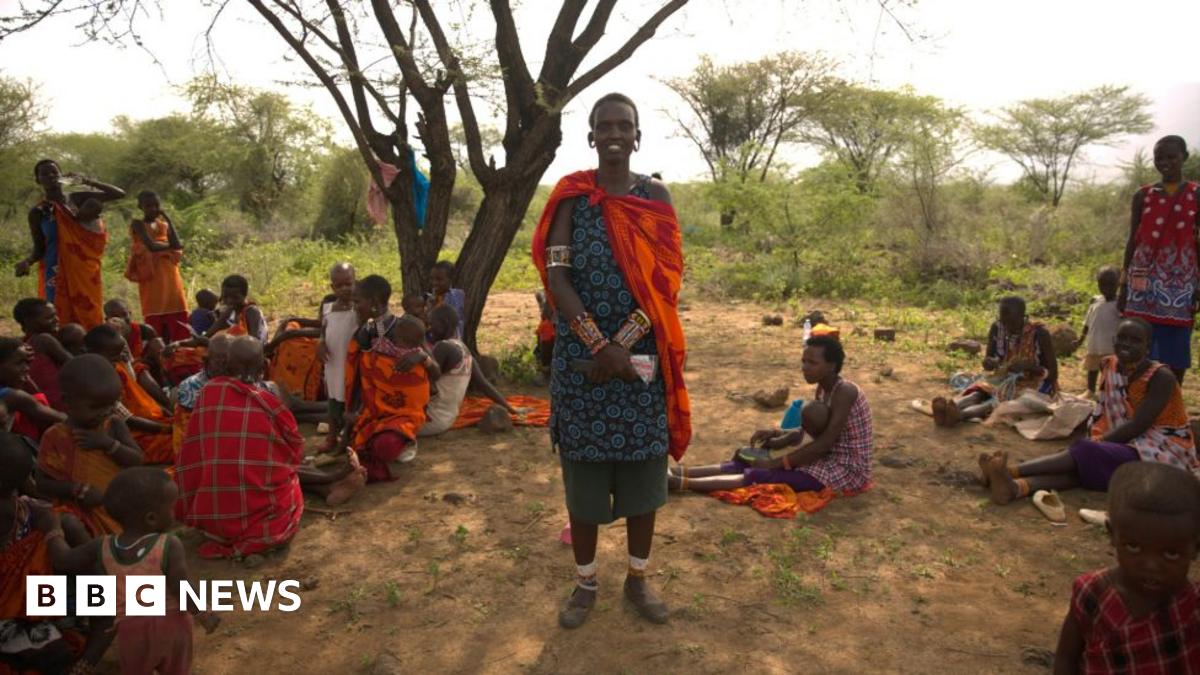After founding the charity in 2000, they got involved in community tree planting projects in Kenya, Tanzania and Uganda.
“I realised this unmet need for family planning was a thing which kept people in poverty and was having an impact on the…

After founding the charity in 2000, they got involved in community tree planting projects in Kenya, Tanzania and Uganda.
“I realised this unmet need for family planning was a thing which kept people in poverty and was having an impact on the…